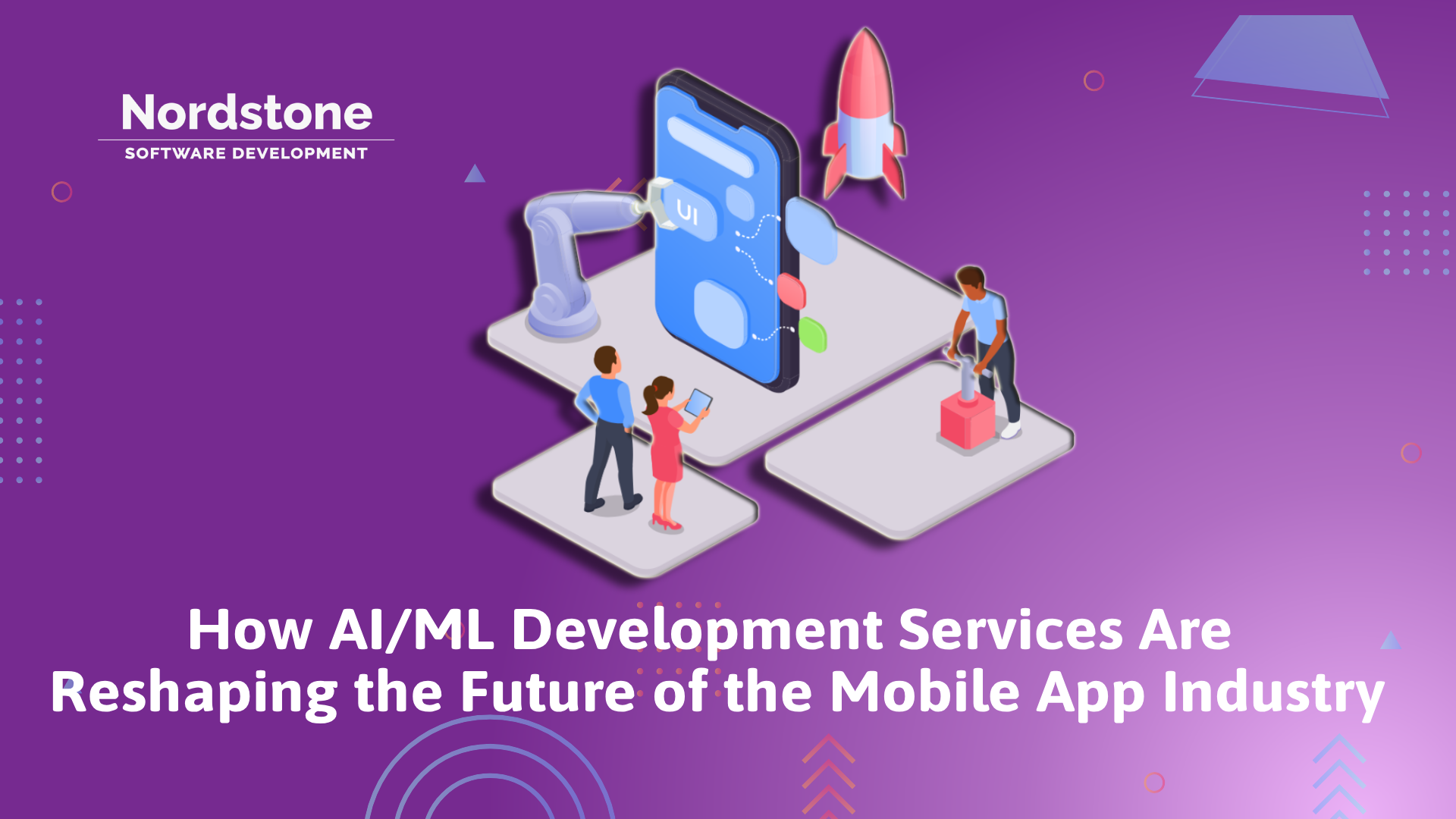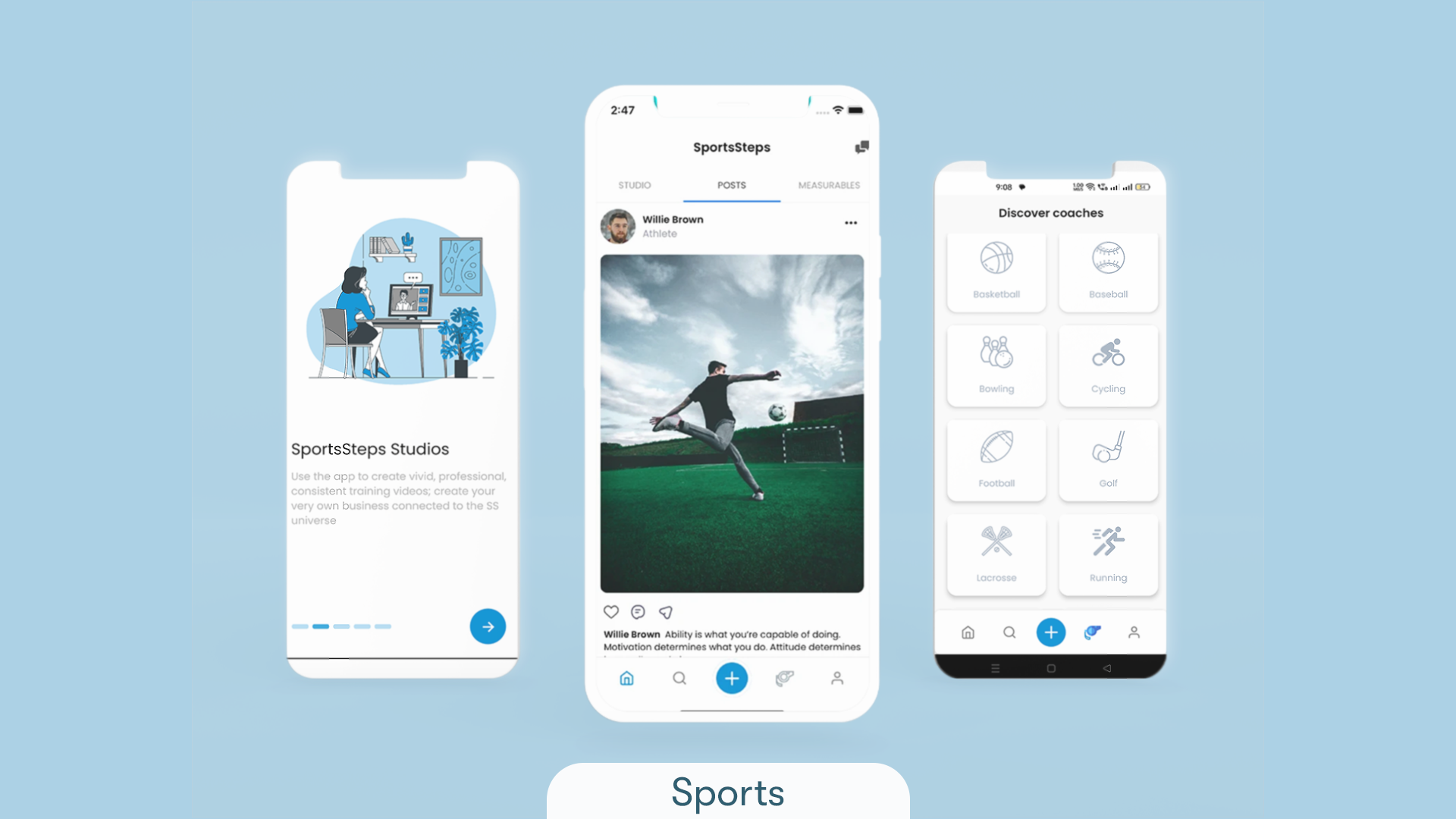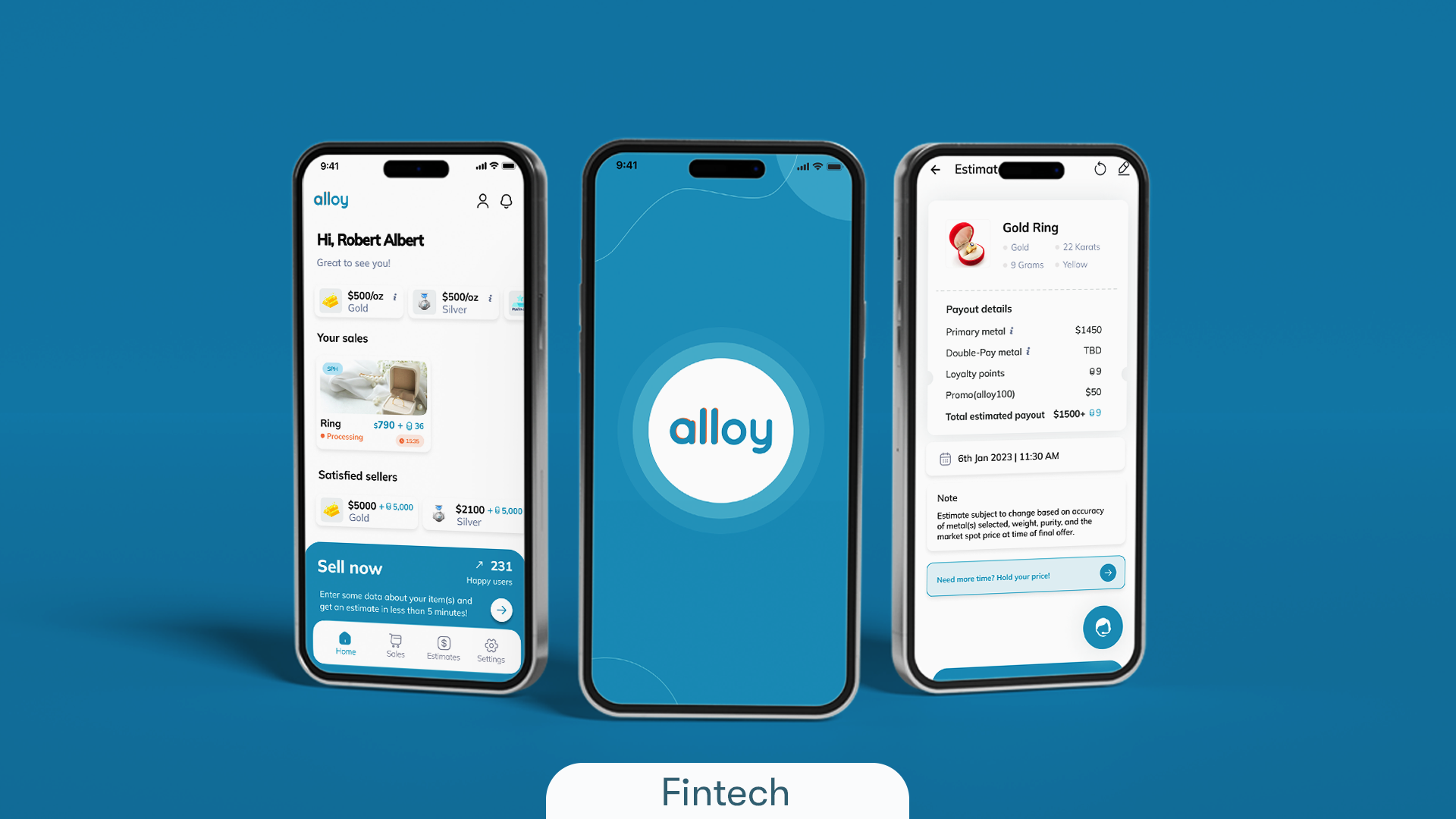June 20th, 2025 at 09:06 am
AI Development Services: Transforming Industries with Intelligent Solutions
AI development services are redefining how industries function by enabling mobile applications to think, adapt, and personalize. These services allow businesses to embed intelligence directly into their apps—making them more than just tools, but active participants in user journeys. From smart recommendations to adaptive chatbots, AI capabilities have become a key driver of engagement and retention.
-
Smart recommendations for personalized experiences
-
Adaptive chatbots that learn and improve with each interaction
-
Voice-enabled interfaces that increase accessibility and user comfort
Industries ranging from healthcare to retail are adopting AI at record speeds to enhance their mobile platforms. Chatbots reduce service times, predictive analytics improve inventory planning, and voice assistants offer hands-free navigation. The use of AI not only enhances the user experience but also adds measurable business value—through automation, efficiency, and customer insight.
-
Predictive analytics for demand forecasting
-
Automated support that lowers operational costs
-
Real-time insights that help in decision-making
Understanding Machine Learning Development: Approaches and Applications
Machine learning (ML) is the engine behind many of today’s intelligent applications. Supervised learning, for instance, trains algorithms using labeled datasets—great for applications like fraud detection or personalized content feeds. Unsupervised learning, on the other hand, discovers hidden patterns—ideal for market segmentation and user clustering. Reinforcement learning enables apps to improve through user feedback, creating self-optimizing workflows and experiences.
-
Supervised learning for fraud prevention and predictions
-
Unsupervised learning for identifying unknown data patterns
-
Reinforcement learning for adaptive, real-time decision-making
In mobile app development, ML allows apps to learn user preferences and behaviors over time. Whether predicting what a user might buy next or adjusting app interfaces to suit usage patterns, ML turns static apps into dynamic digital companions. The ability to apply learning in real time makes ML invaluable for creating smart, user-centric mobile applications.
-
Behavior-based recommendations for users
-
Dynamic content delivery that adapts to usage
-
Enhanced app personalization and responsiveness
AI’s Impact on Industries: Shaping the Future of Innovation
AI is transforming entire industries by accelerating innovation and improving service delivery. In fintech, AI enables real-time fraud detection and automated investment advice. Healthcare apps leverage AI to interpret medical imaging, manage patient data, and even assist in preliminary diagnoses. Meanwhile, e-commerce platforms use AI to power features like image-based search and smart product recommendations.
-
Real-time AI insights in financial apps
-
AI-assisted diagnosis in healthcare applications
-
Intelligent product suggestions in shopping apps
The widespread impact of AI extends to logistics, manufacturing, education, and beyond. Smart sensors optimize routes and deliveries, while educational apps use AI to personalize learning. Across the board, businesses are leveraging AI to not just automate—but to evolve. These changes are not trends—they’re the foundation for how modern apps will function in the years to come.
-
AI-powered logistics with route optimization
-
Adaptive learning systems for education
-
AI-led manufacturing for predictive maintenance
Unlock the Future of Business with AI and Machine Learning
AI and ML unlock new opportunities by enabling businesses to move from reactive to proactive models. Instead of responding to issues, AI empowers apps to predict and preempt challenges—offering features like predictive maintenance alerts, churn forecasting, and real-time analytics. This proactive intelligence helps companies make better, faster decisions based on data.
-
Predictive alerts for hardware and system failures
-
Real-time analytics for smarter business decisions
-
Churn forecasting for customer retention strategies
Integrating AI and ML into mobile applications elevates the user experience and strengthens operational strategies. Businesses gain access to smarter automation, tailored services, and deep insights that were previously unattainable. As these technologies mature, companies not only optimize internal processes but also differentiate themselves in a crowded digital marketplace.
-
Automation of repetitive backend operations
-
Enhanced customer segmentation and targeting
-
Scalable solutions that adapt to business growth
Building Custom AI and ML Models for Business Transformation
Building custom AI/ML models starts with identifying clear business goals—whether it’s boosting user engagement, reducing churn, or automating manual tasks. Custom models are trained on proprietary data to deliver insights and recommendations specific to a business’s unique operations. Unlike generic AI, custom ML adapts to your processes, customers, and goals.
-
Tailored AI for unique user experiences
-
Proprietary data for more accurate predictions
-
Greater control over training and output results
At Nordstone, we approach model development through an iterative, agile framework: discovery, data preparation, model prototyping, training, deployment, and continuous improvement. This ensures our clients receive scalable AI systems that are built to evolve with their businesses. With proper feedback loops and live data integration, custom AI becomes a living asset—not just a one-time solution.
-
Agile AI development methodology
-
Real-time feedback integration for accuracy
-
Continuous learning models for ongoing value
AI’s Role in Transforming Traditional Business Operations
Traditional workflows often rely heavily on human decision-making and repetitive tasks. AI streamlines these by automating customer service with chatbots, managing logistics with predictive analytics, and providing real-time business intelligence dashboards. These improvements allow teams to focus on creative and strategic tasks, while AI handles volume and precision.
-
AI chatbots for 24/7 customer interaction
-
Predictive analytics for inventory and delivery
-
Business dashboards with real-time KPIs
Moreover, AI doesn’t just make old processes faster—it creates entirely new possibilities. Businesses can build dynamic pricing engines, automated onboarding systems, or even AI-powered HR tools that match candidates to roles based on real-time company needs. With AI embedded into mobile apps, traditional business models are being redefined from the ground up.
-
Dynamic pricing based on demand and trends
-
Streamlined onboarding workflows
-
Smart HR tools with AI-driven matching
How to Choose the Right AI/ML Development Partner for Your Business
Choosing the right partner to build your AI/ML solution is critical to long-term success. Look for a team with deep experience across industries and strong technical credentials in AI and data science. Ask about their approach to model development, privacy, and scalability. Do they offer post-launch support? How do they monitor and improve models over time?
-
Proven industry experience in AI/ML deployment
-
Transparent approach to data privacy and security
-
Lifecycle support from strategy to scaling
Nordstone, as a London-based AI-powered mobile app development company, stands out with a proven track record in delivering full-lifecycle AI solutions. From prototyping to deployment and support, we work closely with our clients to ensure the technology not only works but drives real business impact. Choosing the right partner means investing in more than code—it’s about building intelligent products that grow with your business.
-
End-to-end delivery of AI-powered apps
-
Strategic consulting aligned with business needs
-
AI solutions designed to scale with user growth
FAQ’s
Q1: What is the difference between AI and ML?
AI (Artificial Intelligence) is the broader concept where machines are designed to simulate human intelligence. ML (Machine Learning) is a subset of AI that enables machines to learn from data without being explicitly programmed.
Q2: How do AI/ML improve mobile app development?
AI/ML enhance mobile app development by enabling features like predictive analytics, personalized user experiences, automated customer service, and real-time data insights, which result in faster development cycles and smarter applications.
Q3: Can small businesses afford to implement AI/ML solutions?
Yes. With the rise of AI-as-a-service platforms and scalable cloud-based tools, small and mid-sized businesses can now afford to integrate AI/ML technologies without heavy upfront investment.
Q4: What are the data requirements for building AI models?
AI models rely on clean, well-structured, and relevant data. The more data available for training, the more accurate and effective the model will be. Data security and compliance also play a critical role.
Q5: How long does it take to integrate AI into an app?
Depending on complexity, integrating AI into a mobile application can take anywhere from a few weeks to several months. The process involves data preparation, model training, deployment, and testing.
Q6: What should I look for in an AI/ML development partner?
Look for partners with proven industry experience, strong technical expertise in AI and ML, a clear development methodology, and a track record of delivering scalable and secure solutions. Ongoing support and iterative improvements are also essential.












